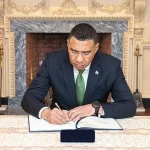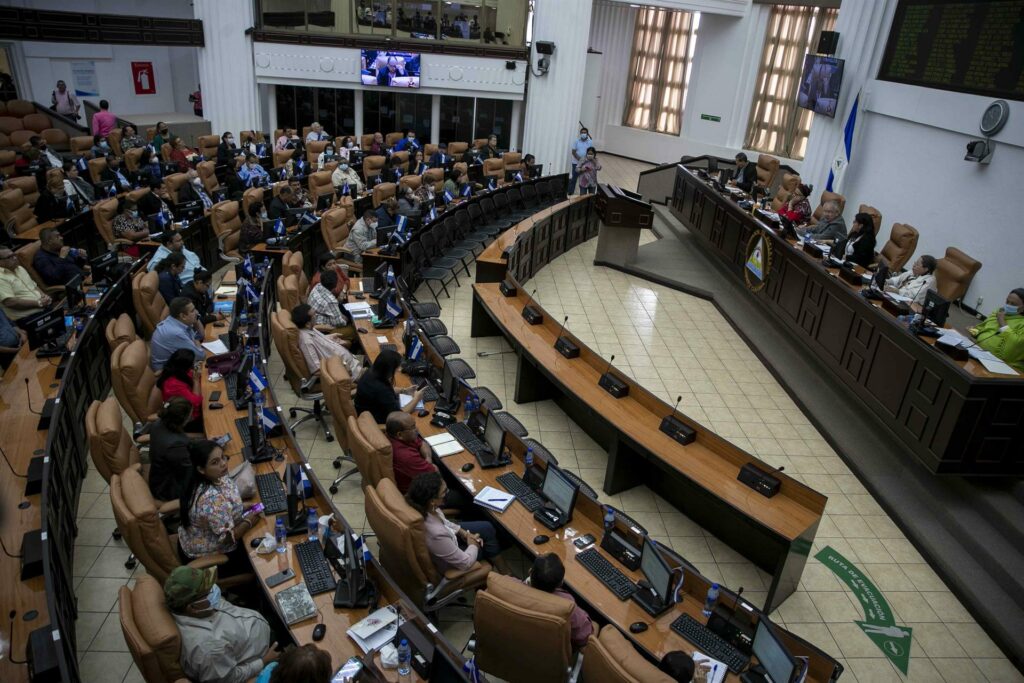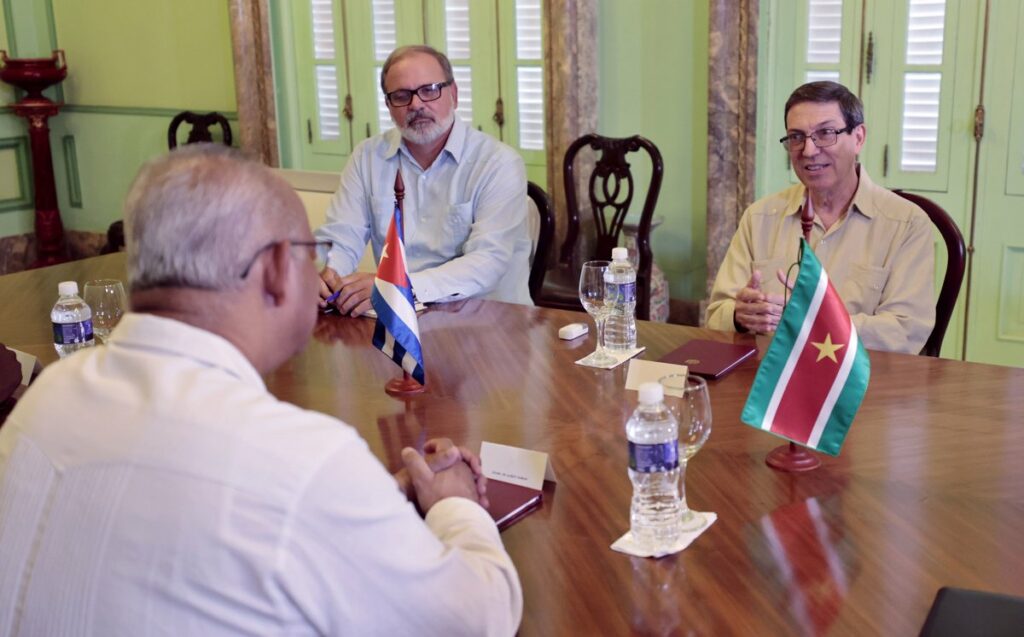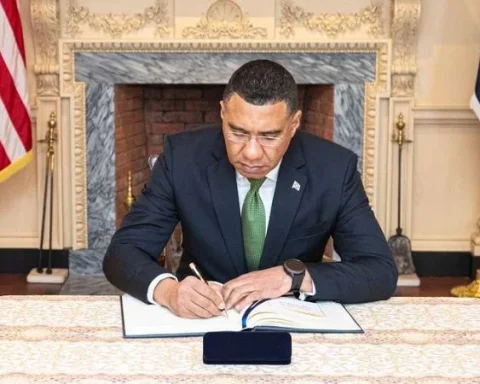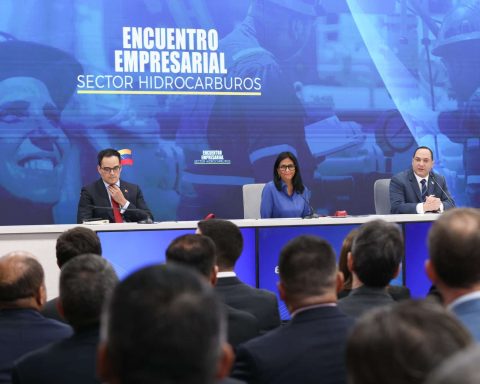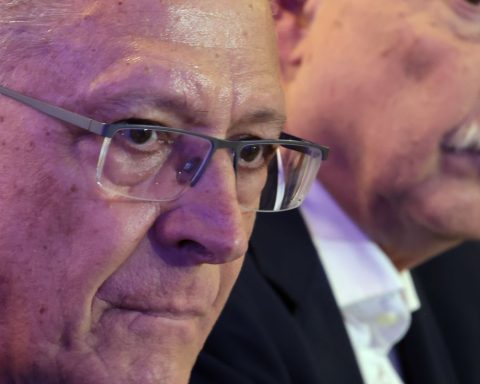L
at the proposal of the plurinationality, which promotes the construction of a plurinational State, had broad support for resolving the asymmetries between the Nation-State and the nationalities and original peoples. However, this current is in sharp decline, while the other current that crosses the peoples in movement, the autonomist, continues its slow but steady growth.
The proposal was born in the 1980s at the hands of peasant-indigenous organizations from Bolivia and Ecuador, in the midst of struggle processes that showed how the State violently contained the demands and mobilizations of the original peoples. It was considered that the formula multinational state
it was sufficient to solve these problems and was adopted in the Ecuadorian 2008 and Bolivian 2009 constitutions.
However, until now it has not been adopted by most of the peoples who demand territory and organize themselves to recover those living spaces. The decline of this current stems from two processes: the growing weakness of the States in the face of capital and the concrete experience in the two countries mentioned, where there was not the slightest refoundation
of the State, showing in the facts that they are colonial and patriarchal constructions.
The central problem is that plurinationality implies that it is the State that recognizes that there are different indigenous nationalities and cultures that inhabit the same territory. The proposals to walk towards an administration of justice according to the ways of the original peoples never worked and it is not possible that they will, since the logic of the nation-state continues to be dominant.
Not to mention the armed and police forces, the hard core of the state apparatus, where the logic of the peoples has never had the slightest root. For 13 years in Bolivia and 10 in Ecuador, when Evo Morales and Rafael Correa governed, no substantial progress was made in what was promised would be the refoundation
of the State. That is why the question arises: is it possible to refound a colonial and patriarchal institution?
The Bolivians María Galindo and Silvia Rivera Cusicanqui agreed a year ago that if the armed forces are not dissolved there will be no plurinational state
(https://bit.ly/3qjnzGy). It was just a name change, they say, without any change in the structures of political, economic and symbolic power.
Right now, the issue of plurinationality is being debated by sectors of the Mapuche peoples in Chile and the Aymara peoples in Bolivia.
The first Meeting of Intellectuals of the Aymara Nation, held at the Public University of El Alto last July, concluded that the Political Constitution of the State, which has been in force since 2009, it is an instrument of the colonial State, which does not respond precisely to the reality and interests of the Aymara
(https://bit.ly/3RtGavB).
The declaration of the meeting assures that the objective is the reconstruction of the Aymara nation and of the original nations, under the principle of federalism and its own political system, based on the communities ( ayllus) and the regions ( markas and his), without the intervention of the precepts of the institutionalized democracy of the State
.
Felipe Quispe militated in this current, who was at the forefront of the peasant-indigenous mobilization during the coup regime of Jeannine Áñez, which made possible the calling of elections won by the Movement for Socialism. He also has the sympathy of Vice David Choquehuanca, who supported the meeting of Aymara intellectuals.
In Chile, the spokesman for the Arauco Malleco Coordinator (CAM), Héctor Llaitul, a prisoner of the Chilean State, stated during the inauguration at a community center in Peñalolén (Santiago), on June 10, that in the last 30 years I had never seen a single Mapuche canvas calling for plurinationality
and reaffirmed that the demands are always for territory (https://bit.ly/3D6IhRS).
In an open letter from CAM, dated August 8, it is stated that Plurinationality, as a proposal for the Mapuche cause, turns out to be an empty measure of territorial force and with no prospect of transformation, since it is rather an academic invention of an elite that seeks spaces and quotas of power without taking into consideration the reality of injustices or the real needs of our people
(https://bit.ly/3D0UCqr).
One of the reasons that leads them to reject the creation of a plurinational State, and insist on territorial recoveries, is that the conditions of big capital and colonialism that have operated to dispossess us of our territory have deepened in recent decades
. A reality that operates throughout the Latin American region.
I think we are in the twilight of the plurinational states project. Experience has shown that they are more of the same, just a way of patching up delegitimized institutions, but always without touching their hard core.







